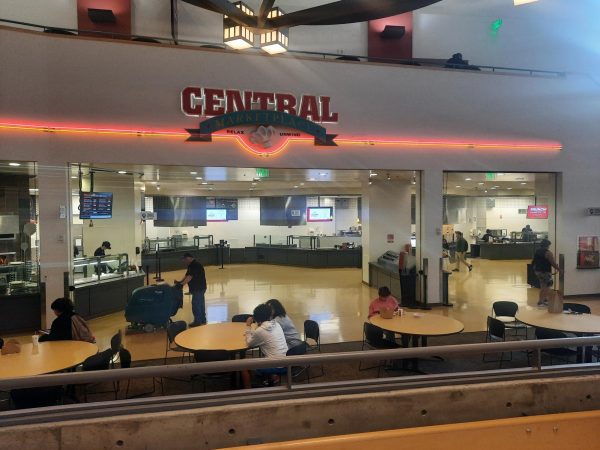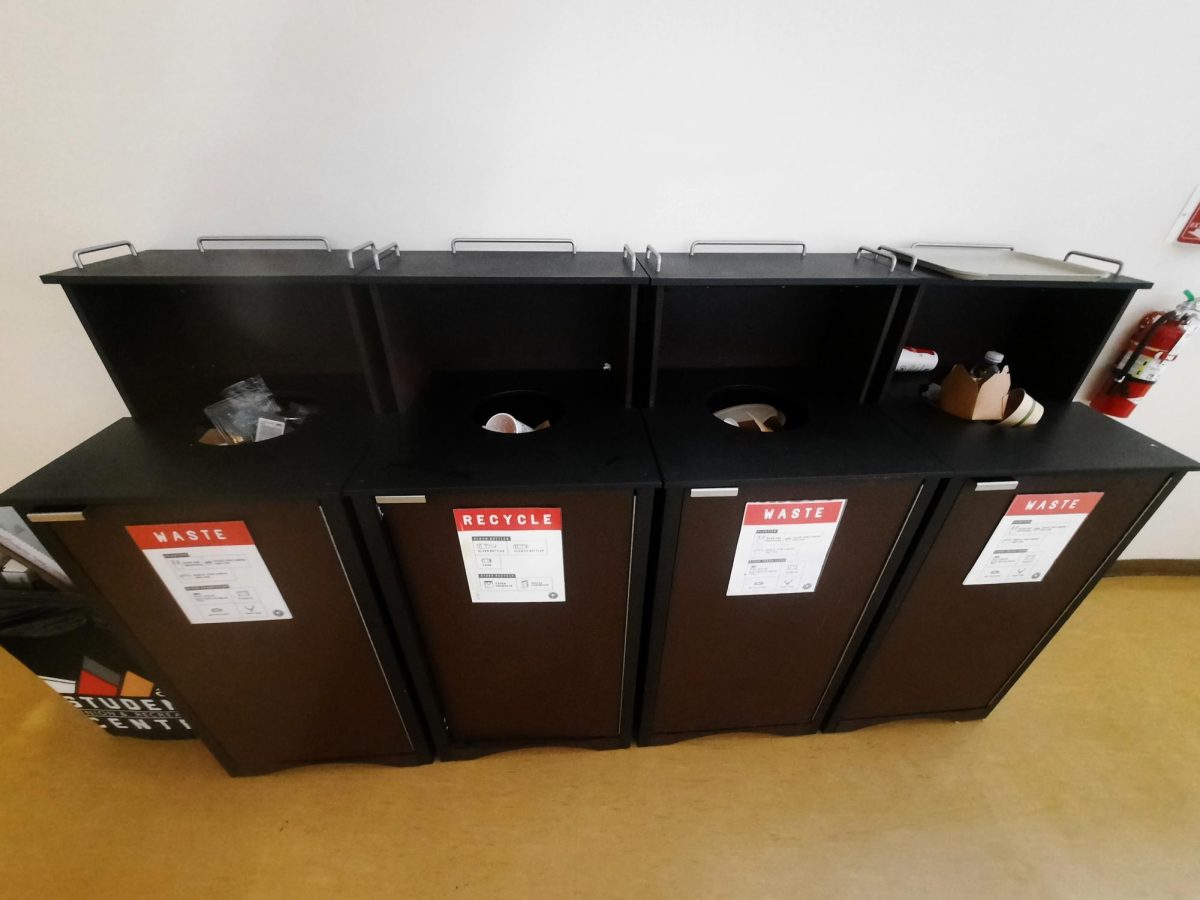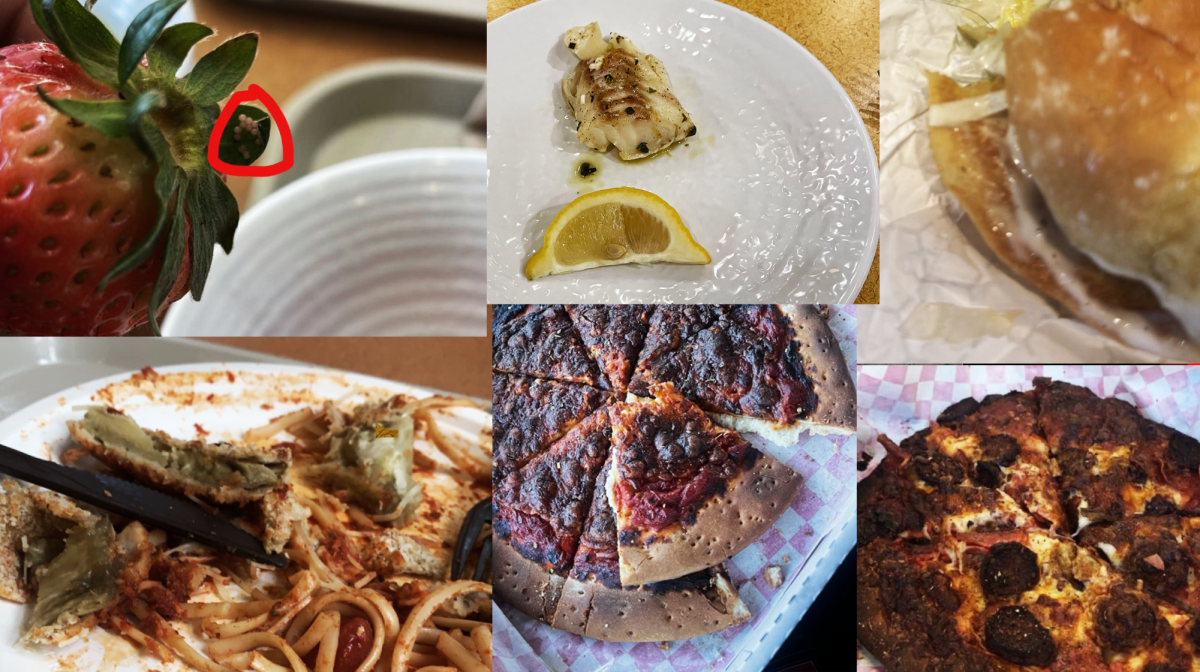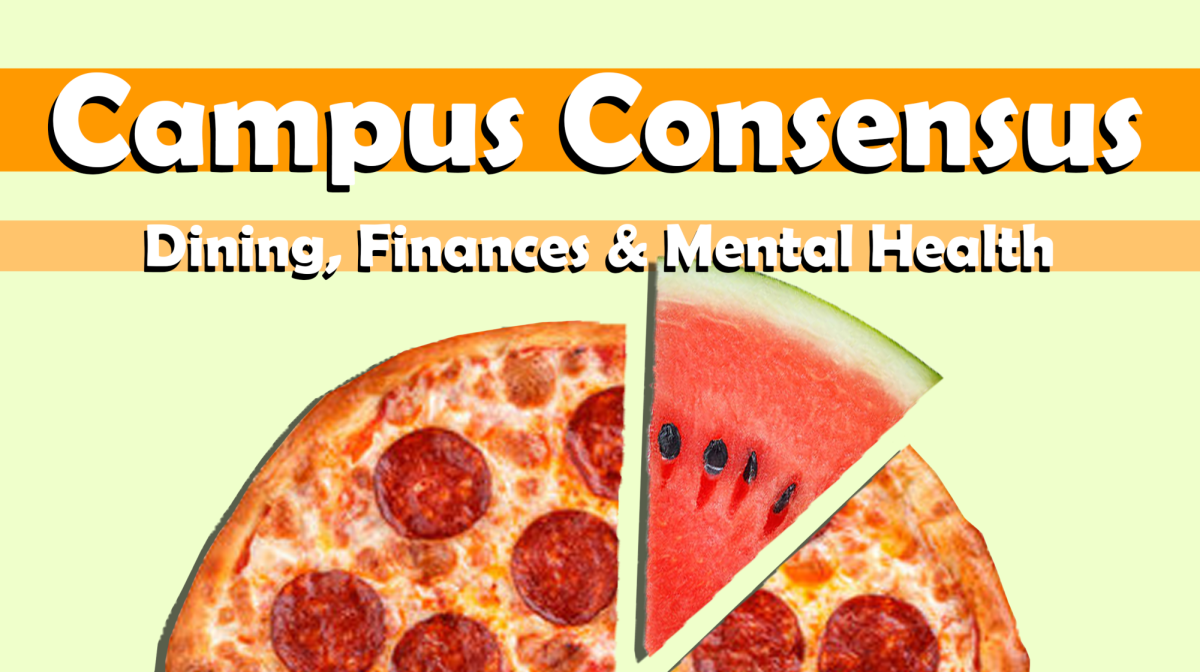
CWU is currently silver on the Sustainability Tracking Assessment Reporting System, or STARS for short. Jeff Bousson, CWU’s sustainability officer, and the sustainability council hopes to get up to gold by 2025.
According to Bousson, CWU is ranked highest on the points related to implementing sustainability into curriculum and research.
“An area we seem to fall short on is engagement with students,” Bousson said, “There’s a huge opportunity here for us to greatly increase our points through campus and public engagement.”
A program that Bousson and the Sustainability Council are hoping to implement is a peer to peer educator program or a student ambassador program.
“What we’re going to be setting up over the next several months here is to actually build out a student sustainability ambassador program where students get paid or they receive a stipend,” Bousson said.
This program would increase awareness about reducing your carbon footprint and the amount of waste we produce on a daily basis. Bousson also hopes to infuse sustainability in the orientation of new students and staff.
“What we need to do as an institution is to demonstrate our commitment to sustainability, how students can be involved as well as employees, new staff, how you can be involved as we accelerate new sustainability initiatives here,” Bousson said.
A program that has already been put into place is sustainability forums, where students and staff meet to discuss issues regarding sustainability.
“We had a sustainability forum here at SURC 137 on Oct. 4, and we had 70 people there, 50 of them were students,” Bousson said.
This forum helped Bousson and the rest of the council outline a “climate change action plan,” which will help build sustainability programming to achieve their goals by 2025.
A major focus of the Sustainability Council and Bousson is waste management and food waste in the dining area.
“Right now, based on a pre consumer food waste audit that we did in May, we know that we’re producing upwards of 200 pounds of pre-consumer food waste at the SURC on a daily basis and that’s before it makes the plate.”
According to Bousson, CWU produces around 25 tons of food waste on campus per school year, excluding the waste produced after the food is served.
Bousson said he hopes to acquire a composter for the community farm that can make use of all this food waste.
“There’s going to be a group of us [the sustainability council] that will be going to Bainbridge Island to look at the latest model of a vessel composting system, where we’re going to be able to where I believe you can put in about upwards of 1000 pounds of pre consumer food waste and post consumer food waste that produces compost for the farm,” Bousson said.
Bousson hopes that a new composter will help to reduce the amount of waste that CWU produces, and the new programs that are being introduced will give CWU the boost it needs to get that gold STARS rating.








